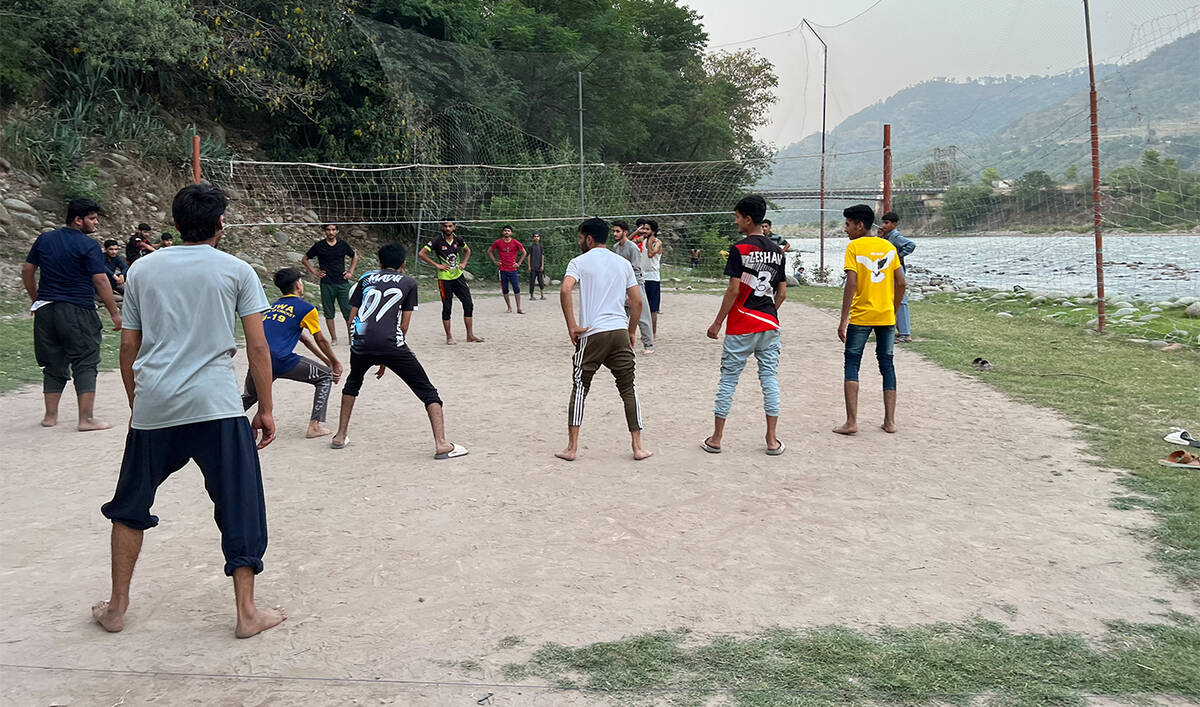KARACHI: Pakistan in January 2023 received the highest net Foreign Direct Investment (FDI) in seven months at $223 million, the central bank said on Monday, while the current account deficit (CAD) dropped to $0.2 billion in the first month of the year, down 90% from last year as the rupee's depreciation slowed down imports.
The cash-strapped nation last received net investment of $271.1 million in June 2022. However, net FDI witnessed a decline of 44 percent year-on-year during the first seven months of the current fiscal year (FY23). Net inflow was recorded at $683 million during the current fiscal year as compared to $1.22 billion in the same period in the last fiscal.
The power, food, and financial services sectors attracted a major portion of the investment for January 2023, the central bank said on Monday.
China topped the list of countries sending FDI, investing $68.4 million in Pakistan in January 2023, followed by Japan with $59.7 million and Switzerland with $16.7 million.
A major inflow was recorded in the power sector with $79.2 million, including $58.4 million alone in the coal sector.
“The inflow of investment in Pakistan is sectoral-based because of the changing dynamics,” Samiullah Tariq, Director Research at Pakistan Kuwait Investment company, told Arab News. “First we saw that trend in telecom and we are now seeing it in the power sector.”
The South Asian nation has continuously seen its FDI declining in the last many years, mainly due to political instability, security threats and policy inconsistencies, according to financial experts.
“The perpetual political instability, deteriorating law and order situation, high cost of energy, complicated tax system, exorbitant discount rates, massive devaluation of the Pakistani rupee, high inflation, difficulties in repatriation of funds, and economic meltdown are the main reasons for low FDI in Pakistan,” senior economist Dr Ikram Ul Haq said.
“When even local investors are hesitant to invest, it will be like living in a fool’s paradise to expect FDI ... Pakistan is lagging behind in FDI due to lack of political will to undertake fundamental structural and institutional reforms.”
Analysts said the country needed to focus on attracting investment in information technology and value-added export sectors to push the growth and employment rates.
“Pakistan needs foreign investment ideally in export-oriented sectors and IT so that the investment should not only enhance export revenues but also generate economic activity and employment,” Tariq said.
Pakistan has also recorded a 23-month low Current Account Deficit (CAD), which clocked in at $242 million during January 2023, the lowest monthly deficit after February 2021, according to the central bank.
However, the country stocks closed bearish on Monday, with the key stock index KSE100 dropping by 444 points, or 1%, to close at the 40,673 level.
“Surge in government bond yields near 20 percent, delays over signing of the IMF staff level agreement and uncertainty over the economic outcome of a proposed Rs170 billion mini budget to avoid debt restructuring have played a catalyst role in the bearish close,” Ahsan Mehanti, CEO of Arif Habib Corporation, told Arab News.
In less than a month, Pakistan’s currency has lost more than a quarter of its value against the US dollar after the removal of artificial caps, and fuel prices have risen by more than a fifth as the government implemented fiscal measures required to unlocking funds from an International Monetary Fund (IMF) bailout.


















